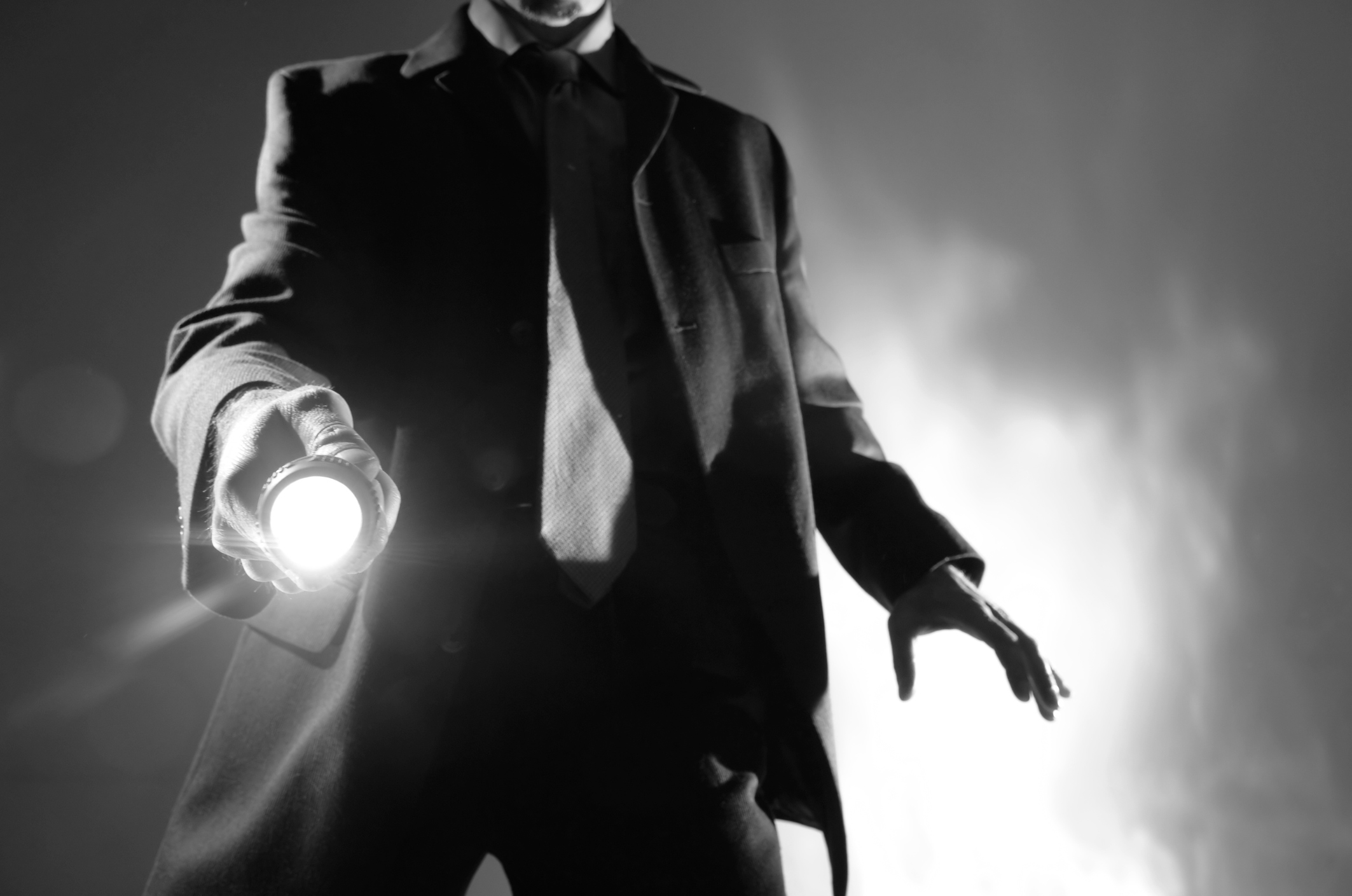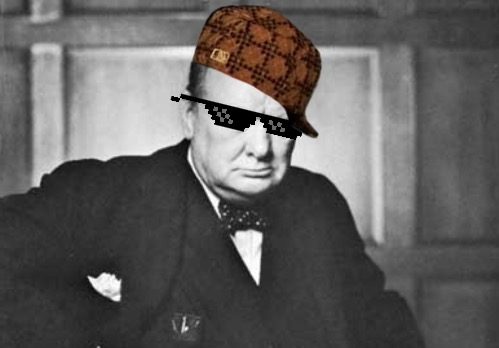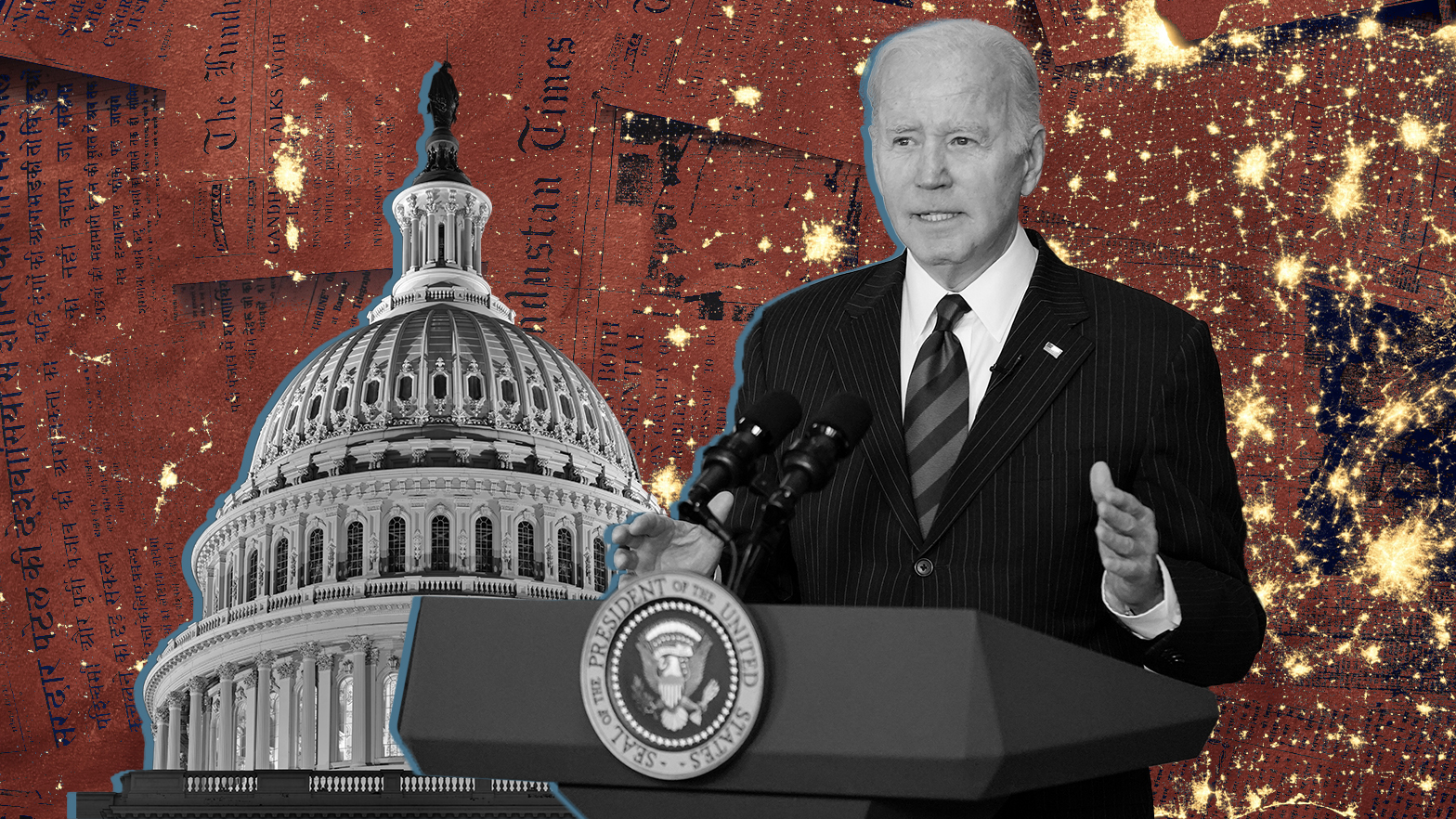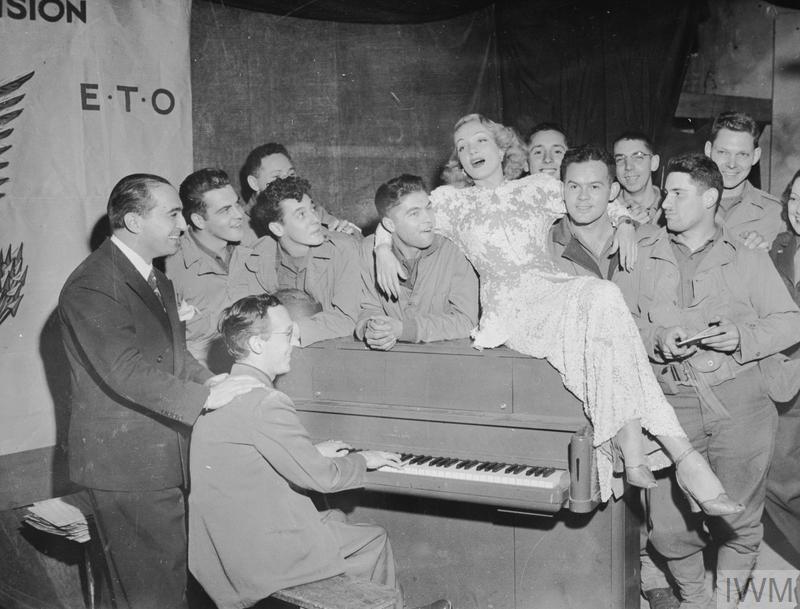The best of the year in “show, don’t tell”
Alienation in America

An underappreciated film showcases post-war masculine anxieties.
We like to think that today’s society is suffering from a new pathology: alienation from the analog world. While this is unequivocally true, it is not by any means a novel phenomenon. The separation we feel from one another has been exacerbated by the digital revolution, which demands that we shun encounters in the physical realm. But alienation is a constant of the human condition—in fact it was quite pronounced in America following the end of World War II.
American cinema, especially film noir, expressed this collective alienation in a unique way. It deliberately embraced the darkness and uncertainty that defined the post-war period. Male heroes became anti-heroes—men who were neither here nor there, haunted by the perpetual shadow of the war, grasping at the meaning of who they were and how they could once again fit into American society.
Vincent Sherman’s film noir Backfire (1950) stands out as a particularly compelling example of the masculine reaction to post-war uncertainty. It was meant to be Warner Bros. Studio’s “B-movie,” but it ended up expanding its cinematic horizons.
As the film opens, it’s almost Christmas Eve at Birmingham General Army Hospital in California. We are introduced to Bob Corey (Gordon MacRae), a soldier who has undergone several operations following his return from the war. He’s in limbo, although his army buddy Steve Connolly (Edmond O’Brien) has plans to start a ranch with some money from the G.I. Bill, which might give both men meaning and purpose.
After one of the visits to the hospital, Steve seemingly drops all communication with Bob, who is rightfully concerned. On Christmas Eve, Bob is visited by a mysterious woman (who turns out to be Lysa Radoff played by Viveca Lindfors), who pleads with him to help Steve, who has been seriously injured and wants to commit suicide. Bob is in a state of delirium from what appears to be insulin shock therapy, a common treatment at the time for disturbed mental states. He resigns himself to the thought that the woman was just a treatment-induced apparition.
Like in most noir films, things are not what they seem. After New Year’s Day, Bob is released from the hospital only to find Steve wanted for the murder of a high stakes gambler. He starts an investigation of his own, helped by Julie Benson (Virginia Mayo), a nurse with whom he has fallen in love. Bob witnesses the outcomes of gambling, murder, and call girls—all wrapped up in one big Los Angeles package.
The mystery in noir is almost always secondary. It is the “background” that reveals the depth of the human condition. Backfire is no exception. When Bob Corey visits Ben Arno (Dane Clark), one of his army pals, he wonders why someone like Ben would choose to open up a funeral parlor.
“What happened to the night club business?” asks Bob.
“The guys running those joints during war years got the gravy,” says Ben. “By the time I got [to New York], their shutters were going up just as fast as they can get the lumber. So I figured all the business must have gone west…. Found a place too, out on Sunset strip, looked good. Then I tried to get a loan, no dice.”
The banks didn’t want to invest in a nightclub, but in something far more certain. And what is more certain than death and taxes? Ben chose death as his business plan. He was too excited about his newfound business…unnaturally excited. Something was missing in his life—a spark in the post-war malaise.
Three main male leads—Steve, Bob, and Ben—are lost and confused. There is a great difference between what they accomplished in the army and what they are doing after the war. They have been rendered weak, be it from literal physical injury or mental anguish. They do not belong in any sphere of life. The society may have celebrated their return, but it does not wish to be continuously reminded of the past. If they are forgotten or ignored, if they are weakened by the sheer gravity of the historical events of World War II, how can they find a way back to being who they were? For that matter, what does it mean to be a man in the post-war world?
Edmond O’Brien, who plays Steve Connolly, stands out in regards to all these questions. As Derek Sculthorpe notes in his book, Edmond O’Brien: Everyman of Film Noir, “[O’Brien] had an ability to capture the postwar anxiety and sense of powerlessness of the ordinary individual…the typical O’Brien role in noir cast him as a desperate man who is trapped by circumstances, or by his own nature, in a situation which is beyond his control and from which there is no escape.”
In Backfire, O’Brien is that man. He runs from one opportunity to the next, which inevitably leads to more disappointment and emptiness. There is no family or even an idea of a family to hold onto, no promise, or hope. In an interview for the New York Post dated January 13, 1950, O’Brien said, “After the war I came back out here and [studio executives] had a lot of new guys I didn’t know. Nobody knew quite how to use me or gave a damn.”
Playing the role of a man who is lost perhaps wasn’t so hard for O’Brien. He represents a certain group of men who may not have been as complicated as some noir anti-heroes, but their confusion and alienation matched them, and were acknowledged in cinema.
A noir anti-hero doesn’t spend much time inwardly exploring himself. Yet, there is a level of self-awareness at play. In fact, there are many selves involved. Like O’Brien himself (who served in the U.S. Army Air Forces during World War II), returning soldiers realized that they couldn’t just continue where they were before the war. Thus, a noir anti-hero becomes a split man who is hurling toward the abyss, and not doing anything about it.
Things do end on a happy note in Sherman’s Backfire, but such happiness is too sentimental and the stuff of movies. The anxiety is only postponed, and the men face another bout of alienation. Yet, somehow, such a generation of American men retained and refocused their masculinity, precisely because they didn’t indulge in discussing the inner workings of it. They moved forward, but still enveloped in the shadow of war.
Today, we often praise this generation of men. Perhaps unfairly and nostalgically, we indulge in seeing these anti-heroes as perfect. And yet, their expression of masculinity has now become an elusive, unattainable ideal.
Why is this the case?
Of course, there are plenty of social and economic reasons for this, but we ought to ask why have things changed metaphysically? Part of it is that we have difficulties accepting reality. Our society is built around regularly using euphemisms and soft words that allegedly don’t offend, yet all of this has resulted in more anger, more aggression, and, ultimately, more alienation. A noir anti-hero endures and rarely evades reality, and even when he does, he fully understands his foolishness, especially if he’s hurtling toward the abyss, usually because of some “dame.”
It seems that another refocus of masculinity is necessary today. And it would behoove us to indulge less in aesthetic expressions of masculinity and, instead, act.
The American Mind presents a range of perspectives. Views are writers’ own and do not necessarily represent those of The Claremont Institute.
The American Mind is a publication of the Claremont Institute, a non-profit 501(c)(3) organization, dedicated to restoring the principles of the American Founding to their rightful, preeminent authority in our national life. Interested in supporting our work? Gifts to the Claremont Institute are tax-deductible.
The non-toxic masculinity parents are searching for.
There is nothing manly in throwing up your hands.
The coming great awakening.
It’s amusing to watch the Biden circus but frightening to consider that nobody’s in charge.
Marlene Dietrich was good for morale.






